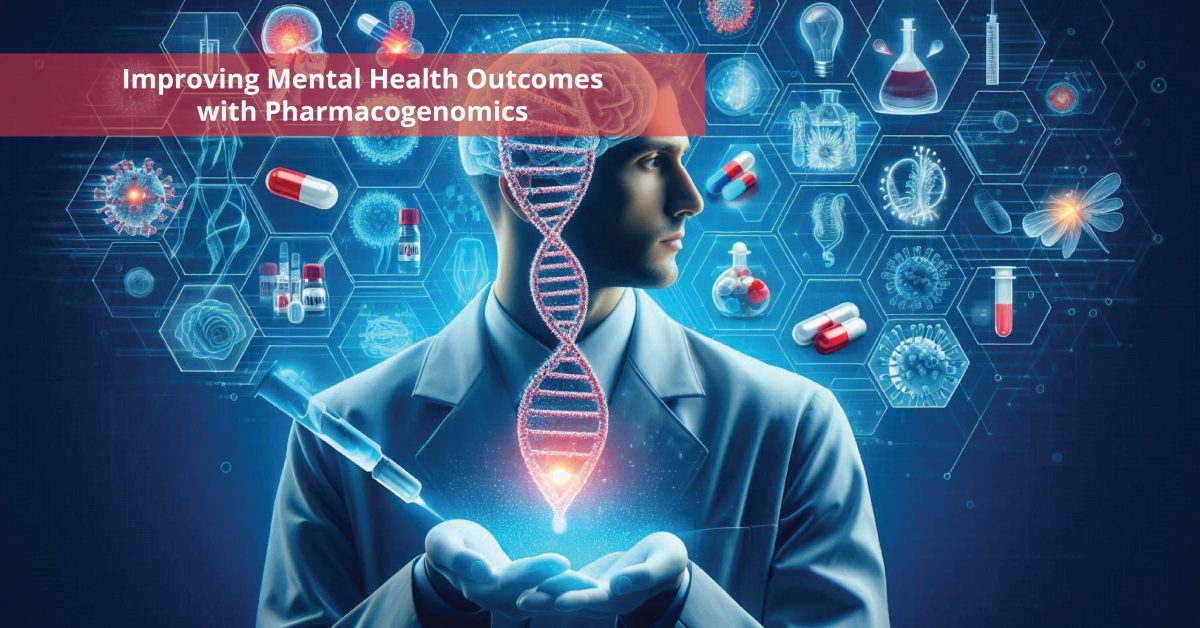It is in this light that the field of pharmacogenomics has undergone an immense revolution in mental health. Mental health disorders, like major depressive disorder, are problems faced by millions around the world, and tailoring the medicine with respect to genetic make-up brings tremendous potential for a better treatment response along with reduced adverse effects. This paper reviews advances in this area and their implications for mental health outcomes, including some key research findings and potential future directions.
Understanding Pharmacogenomics
Pharmacogenomics is the study of how different genetic makeups affect an individual’s response to drugs and comes from the combination of pharmacology and genomics. This is extremely important for the treatment of mental health disorders, which feature high variability in patient responses to medication. Conventional methods of prescribing psychiatric medications usually involve trial and error, which may be very time-consuming and painful for the patient. Thus, pharmacogenomics should assist in the process and provide more accurate and reliable treatments.
Role of genetic testing in depression treatment
One of the most promising applications in pharmacogenomics is in treatments for depression. The high prevalence of major depressive disorder, one of the priority disorders identified by the World Health Organization, usually requires long-term treatment. Pharmacogenomics testing helps to identify genetic markers that determine the way patients metabolize and respond to antidepressants. For instance, specific gene variations might predict therapeutic advantages or side effects from some drugs in a patient.
A systematic review and meta-analysis of the evidence from prospective, controlled clinical trials reported a modest yet statistically significant association between pharmacogenomics-guided antidepressant therapy and increased depressive symptom remission. In trials employing genetically guided treatment, more patients were in remission compared to standard care. This underlines the potential of pharmacogenomics to contribute meaningfully to real-world effectiveness differences in the treatment of depression.
